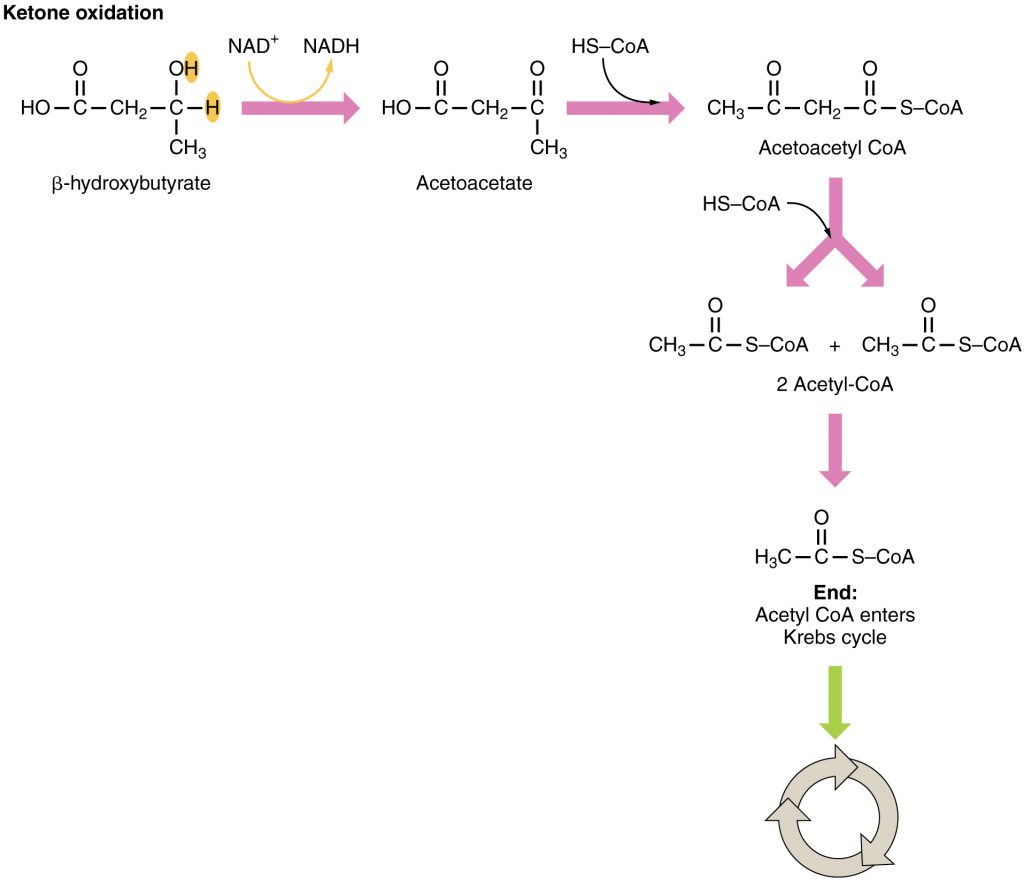As the title suggests, yes I don’t eat breakfast *gasp* so I fast for the majority of the day with the first meal being after 12pm, and my second meal with hopefully no snacks in between at 6/8pm. And might I add, most days I limit my carbohydrates intake, meaning no bread, no rice, no sweet happiness.
And why do I go through this trouble and pain you might ask – after looking at my genetic data and family history of cancer combined with very popular research in nutrition emerging in the media, I decided I can take this matter into my own hands and experiment on myself what works best and maybe see results as these studies progress long-term. I started listening bits here and there of podcasts, particularly first FoundMyFitness and then slowly incorporating The Joe Rogan Experience into the repertoire; so these diet changes have taken over my life, with Dr. Dominic D’Agostino being the keynote speaker of this long conference I’m attending since this summer.
Starving cancer: Dominic D’Agostino at TEDxTampaBay by TEDx Talks
Intermittent fasting can be done in various ways, with only 2 days of the week calorically restricted, or the way that I chose – time restricted – done with 16hrs fast and 8hrs eating frame. This approach has existed for ages really, mostly practiced by some religions, but now we’re seeing not only positive effects in terms of weight loss, but also disease prevention, improved biomarkers like insulin resistance, and simply put a better way of life. Moreover, the diet comes with incredible research supporting cell autophagy and repair, and longevity claims thanks to DNA repair. When combined with a carb-limiting diet like ketogenic diet, tumour cells are under intense metabolic stress leading to apoptosis, as those depend mostly on glucose for their life cycle. Also, since you eat at specific times and limit carbohydrates, your energy levels will have fewer spikes (i.e. no sugar highs and crashes) and your body will run at its optimum levels.
I admit, this is hard to wrap your head around let alone commit to such a lifestyle change, as we cannot imagine giving up sweet glucose; but fear not, our brain is flexible and can adapt to the new energy source *ketones* that we can see in the diagram below as beta-hydroxybutyrate going through Krebs cycle generating ATP for our body’s energy:

Image by OpenStax College via Wikimedia
Finally, I wanted to point out that while the media makes this seem like the cure-all option with sparkling headlines, this is definitely not the case, as we learn in pharmacology “cure-all = probably BS”. A lifestyle change in diet usually has to come hand-in-hand with an exercise regimen, and of course, this promising research has not yet shown its future face. In the meantime, I will continue to experiment with this and maybe kill my family’s cancer (?) I’ll let you know in some years. Research, investigate, get informed and maybe try yourself?
-Nicole Bostan


2 responses to “Starving cancer: testing claims of disease prevention with intermittent fasting”